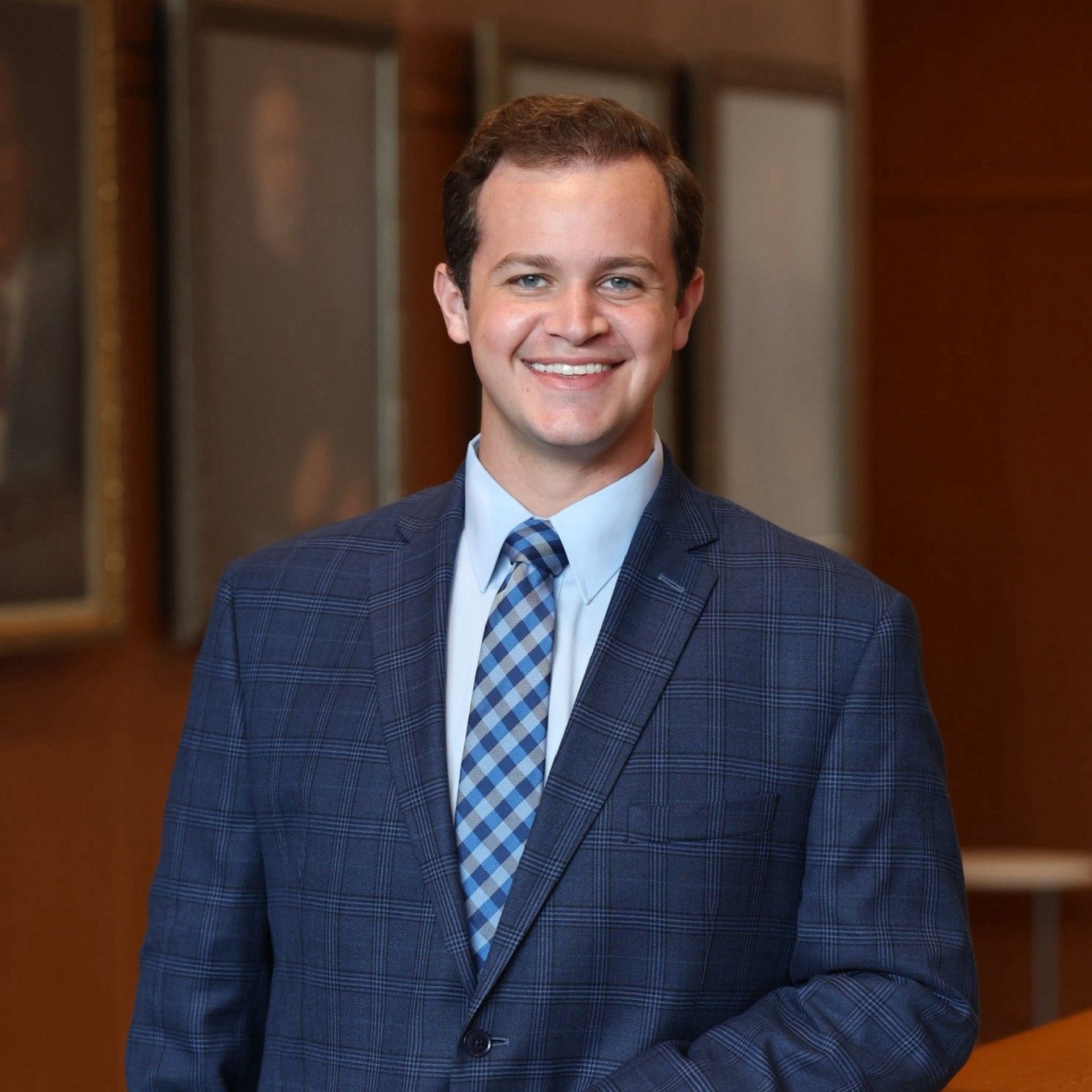
Q: Is it possible to be prosecuted for an attempt to commit a crime?
A: There are statutes in many jurisdictions which make the attempt of crimes like robbery or murder a crime. These statutes are intended to punish individuals who have demonstrated the intent to commit a crime, regardless of whether that crime occurred. Conviction for an attempted crime requires the government to prove beyond a reasonable doubt that the person charged had the intent to commit the crime or create a situation that would amount to that crime, and that the person took steps beyond merely preparing to commit the crime.
Q: Who is a prosecutor?
A: A prosecutor is an attorney employed by the government. Prosecutors are responsible for presenting the government’s case against a defendant, or person charged with a crime. The government must investigate, arrest, and charge a defendant, and then bring the defendant to trial. Depending on the government body for which they work, a prosecutor may be called a city attorney, a county attorney, a state’s attorney, or a district attorney.
Q: How does a prosecutor decide whether to charge an individual with a crime?
A: There are three main considerations. The first is that the case against an individual is sound. The law must be clearly defined, and there must be no defects such as a violation of the defendant’s constitutional rights or the destruction of evidence. The second is that there must be enough evidence against the defendant to make a conviction probable. The third consideration is whether the case matches the objectives of the prosecutor’s office. In some cases, a more informal resolution may be appropriate.
Q: What is a grand jury?
A: In some cases and jurisdictions, the prosecutor is entitled to call a grand jury to gather information about a criminal case. The grand jury listens to testimony and examines evidence. During these proceedings, the prosecutor coordinates the testimony and introduction of evidence, and provides legal advice. The grand jury then decides whether there is enough information to put a defendant on trial.
Q: How is probation different from parole?
A: Parole and probation are both terms used for punitive measures after the conclusion of a trial. Parole is the release of an individual from prison, on the condition that the individual is supervised by a court officer. Probation is a criminal sentence not connected to imprisonment. Probation is often the sentence for a first offense or a less serious offense. An individual on probation must generally meet certain terms and conditions to stay within the community.
Q: What is restitution?
A: Restitution requires a defendant to pay monetary damages to the victim or the victim’s next of kin. This money is intended as compensation for medical bills, property damage, and other costs the victim incurs as the result of a crime. The federal Mandatory Victims' Restitution Act of 1996 requires restitution for violent crimes and some non-violent crimes. Many other state and federal laws also require restitution.
Q: What is a white collar crime?
A: Originally, a white collar crime was one committed by an upper-class individual (or someone who wore a “white collar” to work). The modern definition does not focus on the class of the individual, but on the type of crime. These generally include fraud or deception to gain property, money, or a business advantage. While these crimes are non-violent, they can have a tremendous impact. For example, the S&L scandal of the 1990s cost American taxpayers billions of dollars.
Q: Is it possible to prosecute a child who commits a crime in the same way an adult would be prosecuted?
A: In most cases, children who commit crimes are subject to the juvenile court system, a separate judicial system which emphasizes rehabilitation over punishment. However, children who commit serious crimes can be charged as adults. They will then be tried and punished through the regular judicial system.
Q: If I’m innocent, should I still get a lawyer?
A: Even if you’re innocent, it’s possible that you could be convicted of a crime. Every defendant needs representation to ensure that they protect their legal rights.
Q: Do I need a lawyer if I intend to plead guilty?
A: A lawyer can help you to reduce your sentence and increase the opportunities available to you. Whether or not you are guilty, you have inalienable constitutional rights, and your defense attorney can help to protect and preserve them.
New Point Law Firm, plc, is an Iowa general practice law firm with attorneys practicing in the areas including but not limited to:
Administrative Law
Adoption Law
Agricultural Law
Alternative Dispute Resolution
Banking Law
Business Acquisition
Business Franchising
Business Law
Business Mergers
Business Organization
Business Planning
Civil Litigation
Civil Practice
Car Accidents
Commercial Law
Commercial Litigation
Commercial Real Estate
Constitutional Law
Construction and Development
Contracts
Corporate Law
Criminal Defense
Divorce
Elder Law
Employment Law
Employee Benefits
Estate Administration
Estate planning
Family Law
General Practice
Government
Government Contracts
Juvenile Court
Landlord/Tenant
Legal Malpractice
Litigation
Medical Malpractice
Municipal Law
OWI & DUI
Personal Injury
Probate
Product Liability
Professional Liability
Professional Malpractice
Real Estate
Tax Preparation
Taxation Law
Trial Law
Trusts
Venture Capital & Securities
Wills, Trusts, Estate Planning & Probate Law
Worker's Compensation
Wills
Zoning, Planning & Land Use






